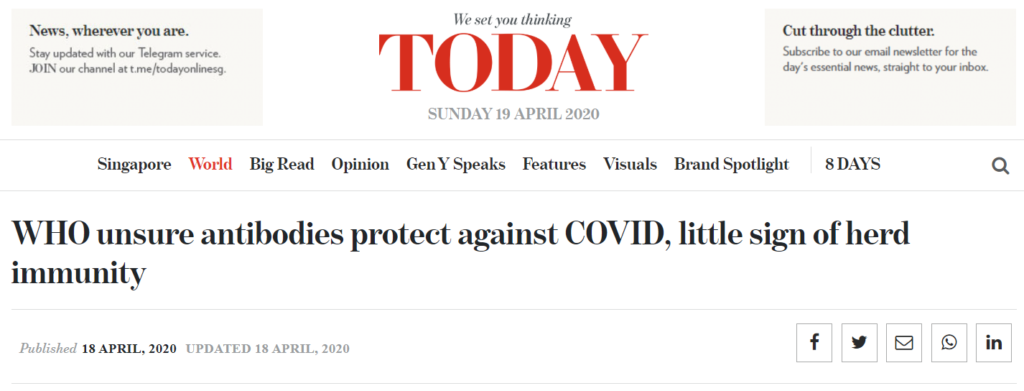
The Federal Reserve just made the problem of financial firms considered ‘too big to fail’ a whole lot bigger.

We’re still learning about all the terrible things the novel coronavirus does to human bodies. Doctors are unsure of the best way to treat it.

The Albanian village of Shishtavec, near the rugged mountains that mark the border with Kosovo, is in the poorest corner of one of Europe’s poorest countries. Locals here bond over complaints about corruption and stories of relatives building their futures in Western Europe. There’s something else they share: a dream that one day they, too, will be allowed to integrate with the rest of the continent.
“Everyone, even small kids, say they want to join the European Union,” says 34-year-old Rakan, a farmer who speaks a little English, as well as Albanian, Bulgarian, and some German. “But it’s impossible because too much has to change.”You’re browsing incognito.Subscribe to continue reading in incognito mode.

Arthur C Clarke is a renowned scientist who is familiar to every nerd and film buff. As a nerd you know him because of his stunning contributions to science that informs everything from radar to global communications. As a film buff you know him because he wrote 2001: A Space Odyssey, the greatest film ever made. However, this post is going to delve into his written novels and in particular 3001: The Final Odyssey and the profound insight it gave me.

Success and being a lifelong learner are pretty much joined at the hip–without learning, it’s almost impossible to adapt to the new demands of the market or world. But if you’re already eating and sleeping right, writing notes longhand, taking time to ponder what you just read and all the other tricks we’ve figured out for learning and memory, how can you crunch even more information into your brain?

GENEVA – The World Health Organization is not sure whether the presence of antibodies in blood gives full protection against reinfection with the new coronavirus, Mike Ryan, the WHO’s top emergencies expert, told a briefing on Friday.
Read more at https://www.todayonline.com/world/who-unsure-antibodies-protect-against-covid-little-sign-herd-immunity